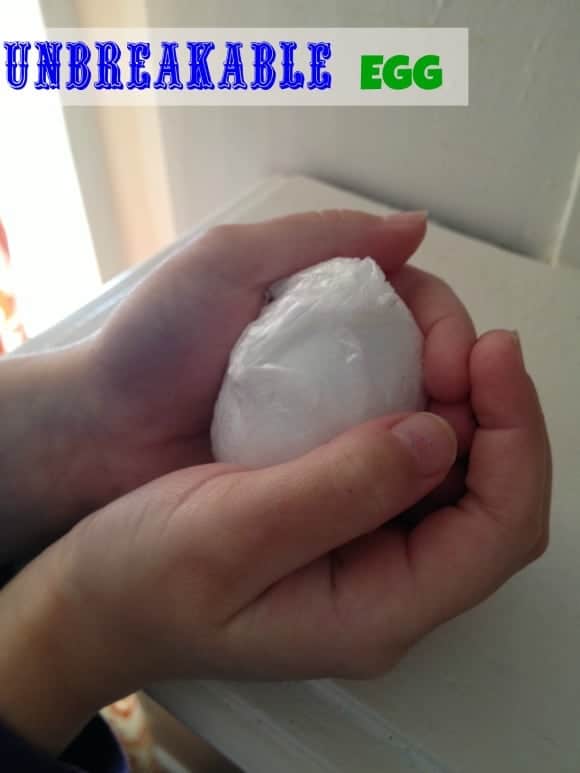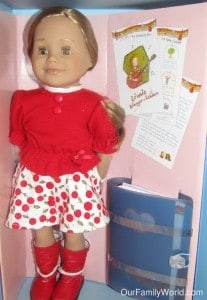Summer months provide a much-needed vacation from the rigors of the classroom, weekly homework, and the 3R’s. of reading, writing and ‘rithmetic. For many, it’s a time for fun, family trips, and kicking back in the sun.Still, even during this time of leisure, a little learning should be factored into the routine to establish and reinforce skills important to your child’s educational development and progression in school. Particularly in the areas of math and science.Why? Because American students reportedly struggle in these academic areas. According to the National Center for Education statistics, our kids ranked below average in Math and Science when compared with high school students in other countries. And given that this generation represents our future, we would all be “smart” to address this deficit now.Doing so will give them the foundation for good paying careers as architects, teachers, scientists, computer programmers, accountants, and other fields—not to mention, broaden their knowledge base.So whether your kid is six or sixteen, here are some helpful tips to incorporate math and science during summer breaks.
1. Use real life examples.
Photo credit: google image
For example, (depending upon their age and grasp), cutting store coupons together and figuring out the prices after deductions, or using percentages off for sales on their favorite music CDS and calculating the savings. Math can also be used to help them establish a budget for their allowance. Don’t stop there. How many times have we used math and fractions for measuring ingredients in kitchen recipes? It’s important for them to see its useful application on an everyday basis.
2. Don’t dismiss the T.V.
Contrary to popular opinion, television programming can provide quality viewing that can be educational and entertaining. Shows like Electric Company and Sesame Street are great examples. Check the listings for your local viewing area.
3. Purchase “School House Rock!”
School House Rock is a hip, educational series that’s loads of fun. Originally it aired back in 1973, produced by ABC. It uses songs, animated characters, and mnemonic devices to help kids to learn, remember, and move ahead. There’s a CD available at www.familyvideo.com/ You can also score them on VHS at local thrift stores.
4. To incorporate science, try taking nature walks, or planting a garden in your yard and discussing the process by which things grow.
And don’t forget something as simple as the weather, as a topic of educational conversation.
5. Books are also a good way to introduce certain concepts and vocabulary words related to math and science to young learners.
They don’t have to be boring! In fact, take a trip to the local library and let them choose whatever suits their fancy.
6. Don’t dismiss technology.
There are numerous websites devoted to games, puzzles, printable worksheets, and even at home experiments for inquisitive minds. Make sure to supervise.Follow these six tips to enhance your kid’s educational experience during the summer months. By doing so, they will have a rewarding time academically and recreationally, and more importantly, they‘ll have a greater likelihood of being prepared for the next school year.
About the author
Troy Edwards is a math and science teacher in California. He also writes for Home Tuition Agency of Singapore, where they are able to tailor an English tuition program to meet the needs of your child.

